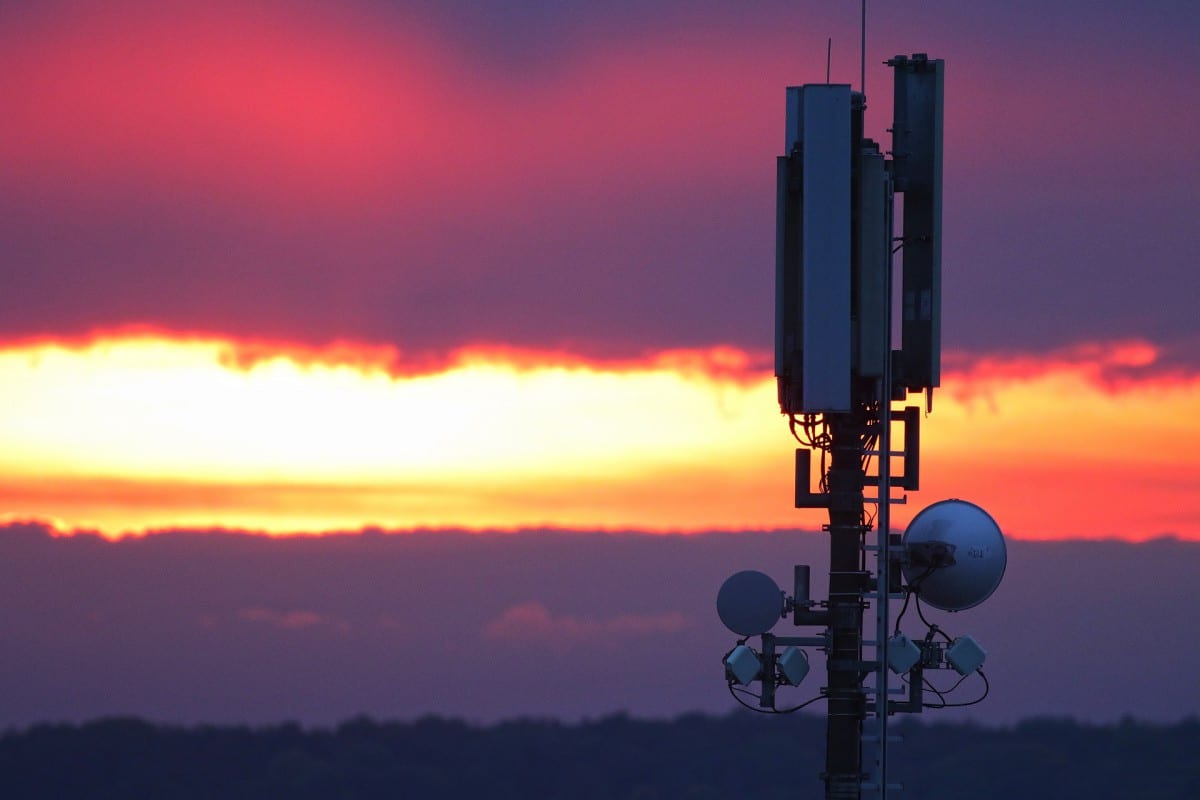Vodafone has started the process of shutting down its old 3G mobile network, with the aim of completing the process by the end of 2023. The move follows a pilot in Plymouth and Basingstoke earlier this year, and is part of a wider agreement between the UK government and major mobile operators to phase out existing 2G and 3G signals by 2033. The shutdown will free up radio spectrum bands that can be used to improve network coverage and mobile broadband speeds on 4G and 5G networks, as well as reduce operator costs and power consumption.
Vodafone’s 3G network has been in operation for 18 years, but accounted for just 4% of data used on the operator’s network in January 2022, down from over 30% in 2016. The shutdown of 3G services will be the first to occur, as older 2G signals are still necessary for some rural areas and particular applications, such as Smart Meters and other IoT/M2M services. Most operators expect to have completely phased out 3G by the end of 2024.
Vodafone’s national shutdown will occur in phases throughout the remainder of 2023, beginning in June with Hull, Oxford, and Greater London before progressing across the South. The remainder of the UK will follow later in the year. The change will enable around 10MHz of spectrum in the operator’s 900MHz band to be repurposed for use by modern 4G and 5G mobile services, resulting in faster mobile broadband speeds and better network coverage.
However, the move will likely cause data connectivity problems for anyone who still relies on a 3G-only device, although most of those with a 3G handset will find that it may continue to function via basic 2G services. Vodafone has been running a campaign alongside charities and consumer groups to ensure that its most vulnerable customers stay connected during the transition.
Vodafone’s UK Network Director, Andrea Dona, said: “Our focus remains to continue to build the UK’s most reliable mobile network and to continue to do this, we need to ensure our technologies are fit for purpose. 3G use has already dropped significantly as most of Vodafone’s customers now use the 4G network.
We’re also strengthening and improving our 4G and 5G coverage and this can only mean good news for our customers as well as the wider UK economy. At the same time, we’ve been working hard to make sure our customers are fully aware and have the information and tools they need to support themselves, as well as friends and family through the programme.
On this solid bedrock, now is the time to say goodbye to 3G and focus on the current benefits and future possibilities of our 4G and 5G networks.”
The phase-out of 3G will impact any dependent Mobile Virtual Network Operators (MVNO), so customers will not be able to avoid the change by switching to an MVNO on the same physical network. Three UK plans to phase out its 3G network service gradually over the next two years and switch it off by the end of 2024, while EE (BT) will begin moving customers off 3G this year and aim to switch it off in early 2024. O2 (Virgin Media) has yet to announce a public sunsetting timeframe but is supportive of the government’s plans to switch off both 2G and 3G by 2033.
In conclusion, the shutdown of Vodafone’s 3G network is part of a wider agreement to phase out existing 2G and 3G signals by 2033, and will enable the operator to repurpose radio spectrum bands for modern 4G and 5G mobile services, resulting in faster mobile broadband speeds and better network coverage. The move will cause data connectivity problems for some customers, but Vodafone has been working to ensure that its most vulnerable customers stay connected during the transition.









